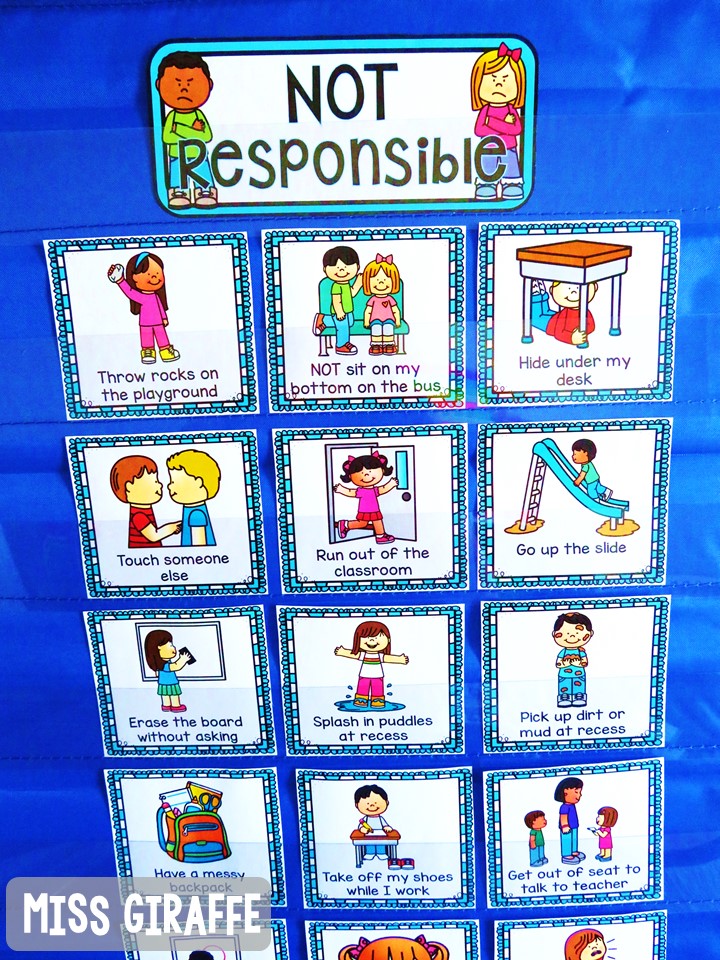While on the pathway to becoming a teacher, “Praxis” is a word you’ll hear a lot. But what is it? Is it a certification? A methodology? An evaluation? What is this thing that seems to bear so much weight on your future as a teacher?
“Praxis” is the shorthand for the “Professional Assessments for Beginning Teachers.” These assessments come in the form of a series of tests – an unsurprising thing to find in the field of education. Whether you are considering a traditional teacher education program or an alternate-route program, it’s important to understand the Praxis series of tests. Praxis was developed by the Educational Testing Service (ETS) as a means of putting theory into practice. These tests are taken at different points in the certification process. Most states require a prospective teacher to take some form of standardized test in order to obtain a certification. The Praxis series of tests is the most commonly administered test. Forty-three states require the completion of an assessment in the teacher certification process, and 35 of the 43 use the Praxis series. The Praxis tests include the following:
Praxis I measures basic skills like writing, reading, and mathematics.
Praxis II measures subject-specific knowledge and skills that are required for teaching. It also includes the Principles of Learning and Teaching (PLT) test, which is a performance- based test completed during or after student teaching.
Praxis III measures classroom performance during the first year of teaching. The candidate is directly observed and participates in structured interviews.
Each state has its own testing requirements and specifies which test or combination of tests should be taken for licensure and certification purposes. However, the most common combination is passage of the Praxis I and II, which can be taken on paper or on the computer.
Most teacher education programs provide test prep materials for the Praxis exams. Some may even provide prep classes or other forms of support. Check with your classmates to see if anyone’s created a Praxis study group, and check online for any resources available to you locally or on the Internet. There are very few “make or break” tests in life, but the Praxis series is one of them. You want to make sure that you understand what each will test and that you are as prepared as possible for the evaluation!




